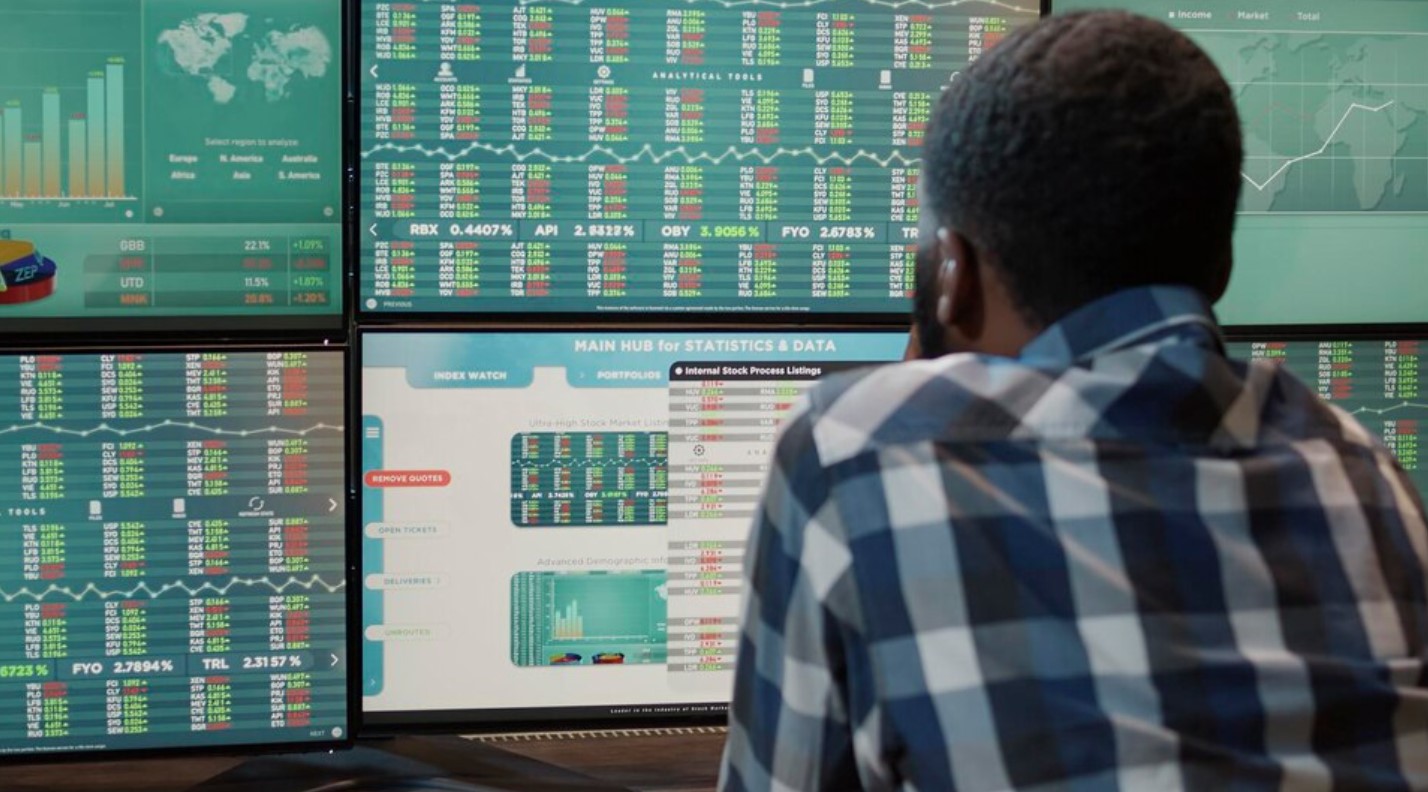In today’s interconnected global landscape, the significance of currency exchange international cannot be overstated. Whether you’re planning an exotic vacation, engaging in cross-border business transactions, or simply shopping online from international retailers, understanding the dynamics of currency exchange is essential. This comprehensive article not only delves into the intricacies of currency exchange but also highlights its importance, factors influencing exchange rates, strategies for optimizing exchanges, and even addresses frequently asked questions for a holistic understanding.
Unraveling Currency Exchange International
Currency exchange international, at its core, involves converting one nation’s currency into another. This operation serves diverse purposes, ranging from leisure travel and foreign investments to international trade. The pivotal metric governing this process is the exchange rate – the value of one currency in terms of another. Suppose you’re preparing for a trip abroad; you’ll need to convert your home currency into the currency of your destination.
Grasping the Significance of Exchange Rates
Exchange rates are dynamic, fluctuating in response to multifaceted factors. These factors encompass economic indicators, geopolitical stability, inflation rates, and interest rates, collectively influencing the exchange rate’s trajectory. The value of exchange rates holds immense significance since it directly influences a currency’s purchasing power in the global market. Favorable rates can lead to cost-effective transactions, amplifying the benefits of international financial endeavors.
Multifarious Influences on Exchange Rates
Numerous factors intertwine to mold exchange rates, creating a complex web of economic interplay. These factors comprise:
1. Economic Indicators
Economic indicators, encompassing GDP growth, unemployment levels, and consumer sentiment, exert substantial influence on a nation’s currency value. Robust economic performance often bolsters a currency’s strength, attracting international investors.
2. Interest Rates
Interest rates, subject to central bank decisions, hold a pivotal role in determining a currency’s value. Elevated interest rates can entice foreign investment, boosting demand for the currency and elevating its worth.
3. Political Stability
Nations exhibiting political stability tend to wield stronger currencies. Investors exhibit greater confidence in regions with minimal political risk, fostering currency appreciation.
4. Market Sentiment
Market sentiments, fueled by perceptions and speculations, can trigger short-term fluctuations in exchange rates. Geopolitical events or breaking news stories can promptly reshape market sentiment.
Mastering Currency Exchange for Travel and Business
For travelers and businesses engaged in international trade alike, currency exchange bears tangible consequences. Here are practical strategies for navigating currency exchange:
For Travelers:
- Advance Planning: Conduct thorough research on destination exchange rates to preempt unfavorable last-minute conversions.
- Reputable Sources: Opt for authorized currency exchange services to secure accurate rates devoid of exorbitant fees.
- Prepaid Cards: Leverage prepaid currency cards featuring competitive rates and augmented security during travel.
For Businesses:
- Hedging Strategies: Employ hedging mechanisms such as forward contracts and options to mitigate risks arising from exchange rate volatility.
- Market Timing: Strategically time transactions to capitalize on favorable exchange rates and optimize profit margins.
Mitigating Foreign Exchange Risks
Currency exchange isn’t bereft of risks, particularly in the realm of international trade. Enterprises often resort to financial instruments like forward contracts and options to lock in favorable exchange rates for future transactions, thus mitigating potential losses.
Peering into the Future of Currency Exchange
As technological frontiers continue to expand, the landscape of currency exchange evolves in tandem. Digital payment platforms, blockchain innovations, and cryptocurrencies are actively shaping the future of cross-border transactions, promising heightened efficiency and diminished costs.
Frequently Asked Questions about Currency Exchange International
Q1. Can I exchange currency at airports?
A1. While airports offer currency exchange services, rates may be less favorable due to higher overhead costs. It’s advisable to explore alternative options for better rates.
Q2. What impact do geopolitical events have on exchange rates?
A2. Geopolitical events can induce swift fluctuations in market sentiment, thereby influencing exchange rates. Uncertain events often lead to temporary volatility.
Q3. How do I protect my business from exchange rate fluctuations?
A3. Employing hedging mechanisms like forward contracts can safeguard your business from adverse exchange rate movements, providing stability in transactions.
In Conclusion
In an era marked by shrinking economic boundaries, the role of currency exchange internationally is undeniably pivotal. Whether you’re a traveler seeking optimal rates or a business navigating global markets, comprehending exchange rate intricacies and the forces at play is indispensable. Armed with knowledge and savvy strategies, you can harness the potential of currency exchange to your advantage, effectively maneuvering through the intricate tapestry of international finance.


